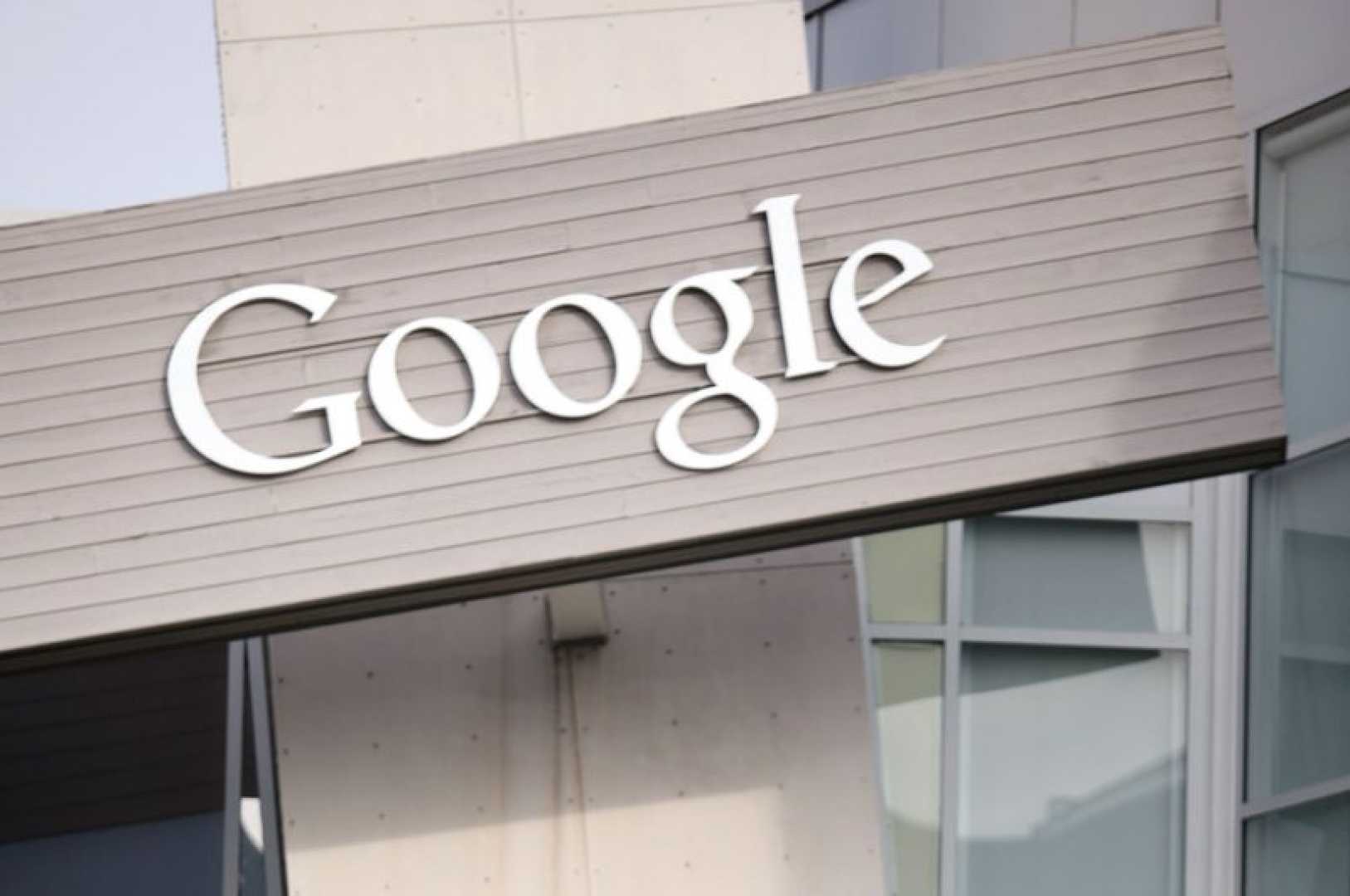News
US Department of Justice Proposes Major Structural Changes to Google

The United States Department of Justice (DOJ) announced on Tuesday its intention to demand significant modifications to Google’s business operations and possibly consider a breakup of the tech giant to address its monopolistic practices. This comes following a landmark antitrust trial where Google was deemed to hold an illegal monopoly by US District Court Judge Amit Mehta.
This proposed action marks a significant shift in government approach towards major tech companies, which have largely operated without significant intervention since the attempted breakup of Microsoft over two decades ago. Google dismissed the DOJ’s proposals as “radical.”
In a court filing, the government revealed it was contemplating “structural” changes which might involve forcing Google to divest its Android smartphone operating system or Chrome browser. Another proposal includes ending Google’s lucrative agreements with third parties, such as Apple, where Google pays to ensure its search engine remains the default option on devices.
These considerations come in the wake of Google’s expansive influence in the technology sector. The trial highlighted Google’s dominance in the online search market, with control of around 90% of US online searches as of 2020.
Google’s series of agreement with smartphone manufacturers, including Apple, were found to provide the company with unrivaled access to user data, thus strengthening its search engine’s global dominance. This arrangement, the court found, cemented Google’s technological empire, which includes the Chrome browser, Google Maps, and the Android operating system.
This antitrust case is a part of a wider legal battle against Google pertaining to antitrust violations in the United States. Additionally, Google faces challenges regarding its advertising technology and recently lost a court battle with Epic Games concerning its Google Play store practices.
The DOJ intends to submit a detailed request for the proposed changes by November, with arguments scheduled for a hearing in April. Regardless of the final decision by Judge Mehta, Google is expected to appeal, potentially extending the legal proceedings over several years, possibly up to the US Supreme Court.
Google’s global affairs president, Kent Walker, indicated Google would appeal the ruling, emphasizing the quality of Google’s search products noted in the judicial decision. The DOJ has also suggested that Google could be required to share its search data and models, including those involving AI-assisted search and ad ranking, with competitors.
Legal experts predict that the court may suggest Google eliminate some of its exclusive agreements, such as those with Apple, to facilitate easier access for users to alternative search engines. However, a complete breakup of Google’s operations appears less likely, they indicated.
In related developments, a federal court has ordered Google to permit alternative app stores on Android devices, reshaping the mobile app marketplace. This ruling follows Google’s loss in another antitrust suit linked to its Google Play store, further necessitating changes in the company’s business strategies.












